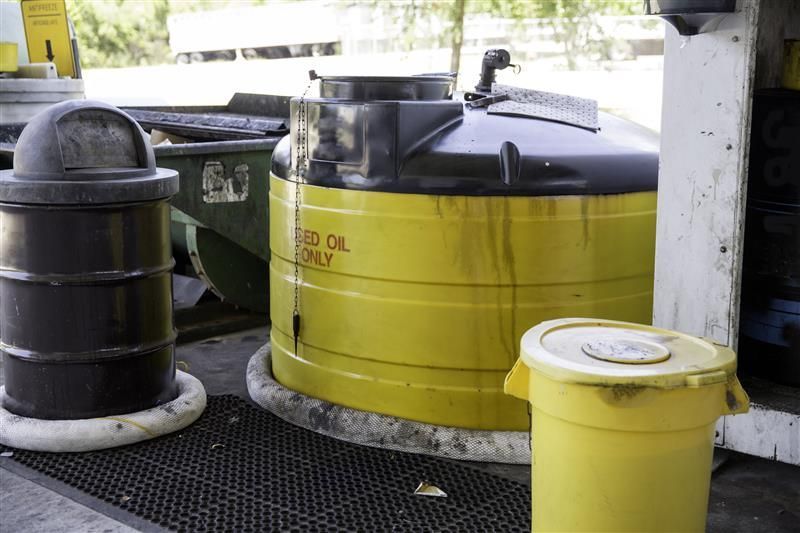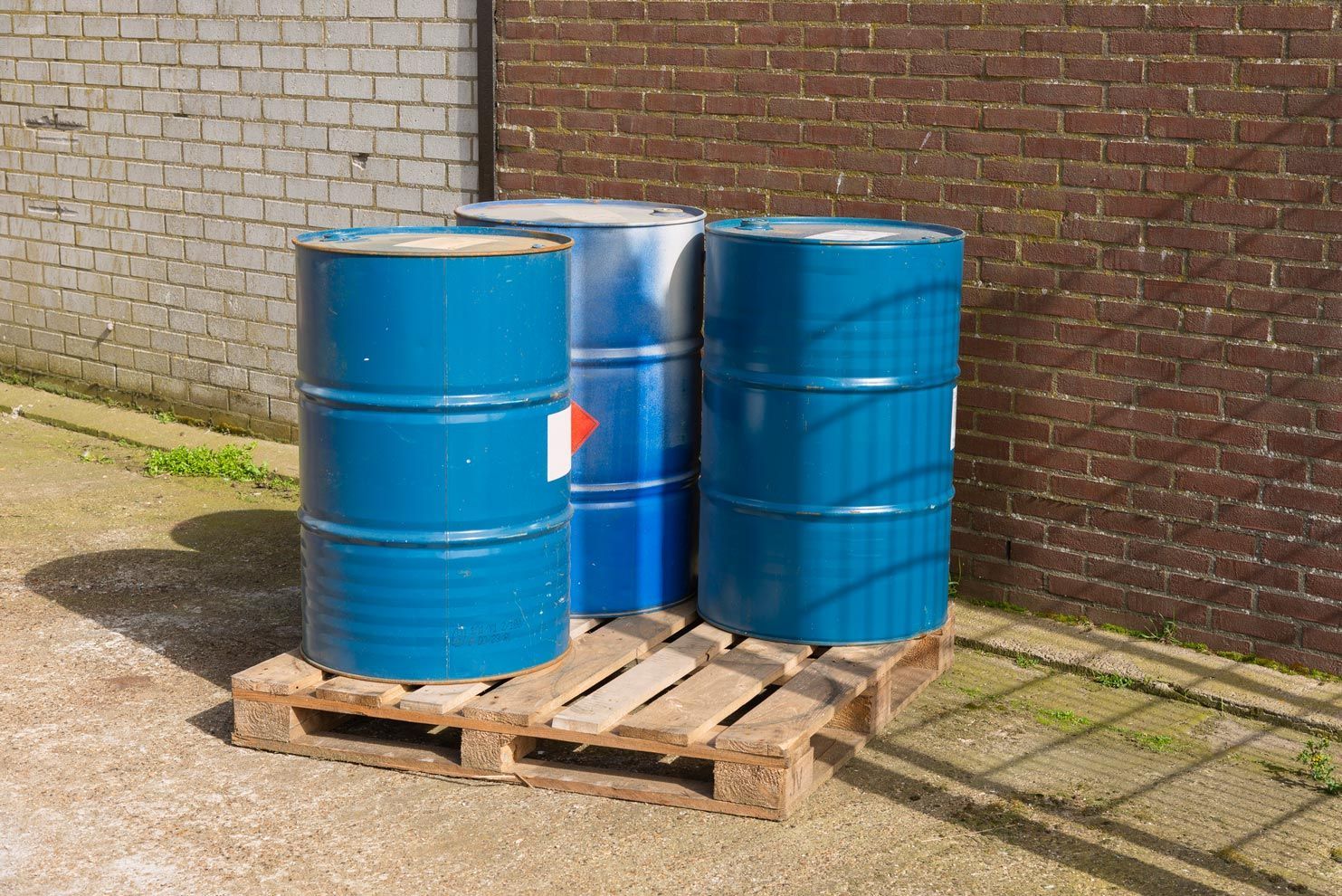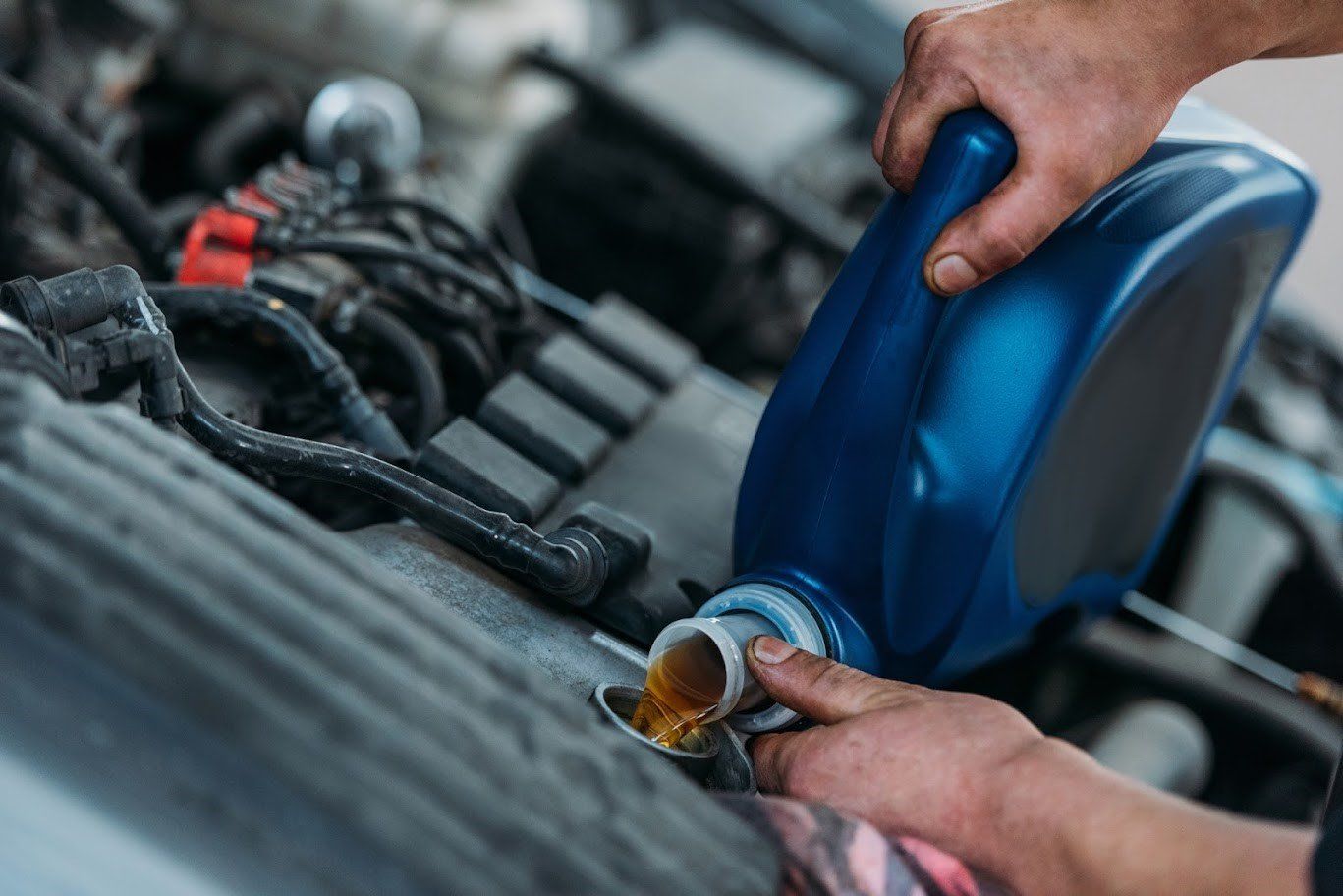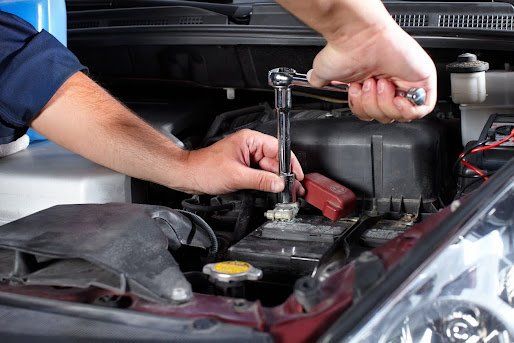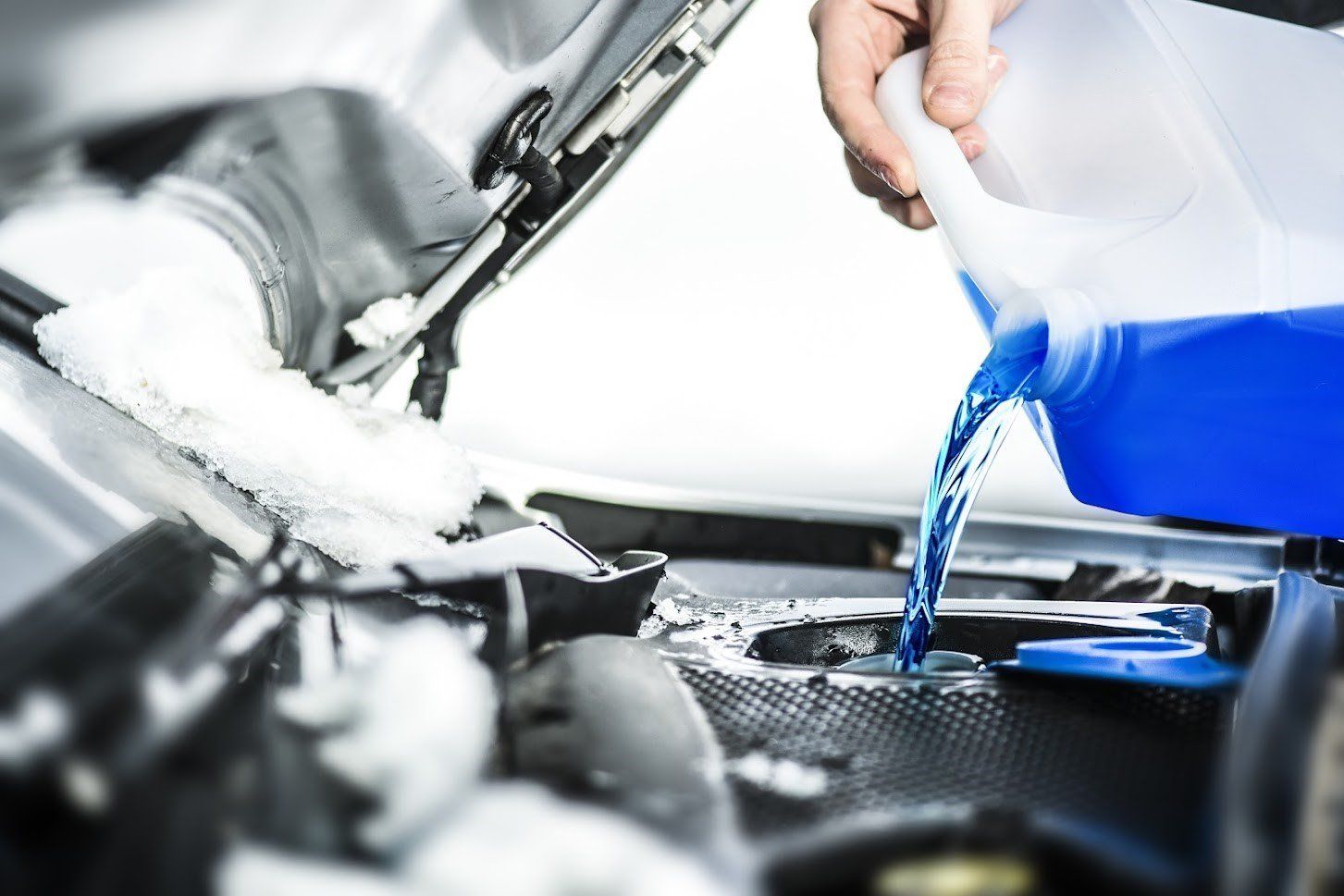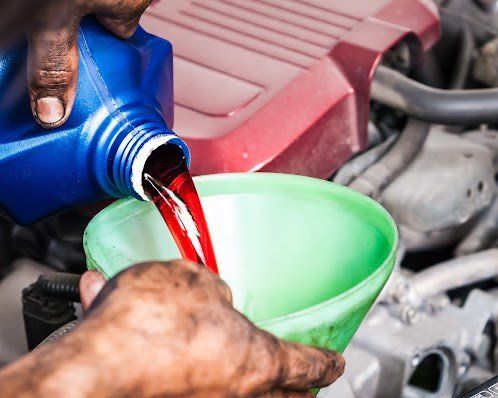How to Safely Store Leftover Antifreeze for Recycling
January 31, 2020

If you run a car maintenance and servicing business, you need to learn how to safely dispose of various chemicals, like antifreeze. One of the main components of antifreeze is ethylene glycol. This chemical compound is a very effective anti-corrosive agent and lubricant. The problem is that even nontoxic brands are still dangerous for the environment and shouldn't just be thrown away.
Learn why antifreeze recycling is so important and how you should safely store it until a professional can transport it to a recycling center.
Why Does Antifreeze Need to Be Properly Disposed Of?
Some people dilute antifreeze with water if they cannot properly dispose of it and then dump it down their drains. However, diluted antifreeze can damage pipes and other plumbing components.
Diluted and/or nontoxic brands of antifreeze still need to be recycled because the chemicals are poisonous and can harm people, plants, and animals. Antifreeze may have the presence of lead and other heavy metals which are dangerous to people and to the environment.
Old antifreeze isn't useless; if you recycle it properly, it can be put back into circulation as new antifreeze. In fact, recycled antifreeze can sometimes be better than the original product since a recycling facility can remove impurities like chloride.
How Can You Safely Store Used Antifreeze?
Used and leftover antifreeze should be kept in either a metal or plastic barrel. Keep these barrels over a tarp or a nonporous concrete surface just in case there is a leak.
These barrels should always have lids on except when you need to add or remove waste. You should also wear protective gear, like goggles, gloves, and a facemask when handling leftover coolant.
You can store leftover antifreeze in reconditioned containers that you can purchase from a recycling service. Reconditioned containers are decontaminated and made with EPA-guidelines in mind so that they can safely be transported to and from businesses and recycling centers.
It's important that you educate yourself on your state's laws so that you know how these containers need to be labeled and sealed.
Make sure that each recyclable chemical has its own designated barrel. You shouldn't be mixing old antifreeze with other wastes, like radiator flush chemicals, oils, degreasers, etc. In fact, if you use funnels and other tools to pour antifreeze into your large barrels, these tools should only be used for antifreeze to avoid cross-contamination.
If antifreeze is contaminated with other chemicals, it cannot be reused. But that doesn't mean you should just pour it down the drain. Even if the antifreeze was polluted by oil, gas, etc., make sure that you label the container so that a recycling service can still properly dispose of the chemicals at a hazardous waste facility.
How Is Antifreeze Recycled?
You can get an onsite coolant recycling machine so that you can keep using the antifreeze without transporting it. However, if you don't have one of these devices, you need to contact a recycling service so that they can safely transport the antifreeze barrels.
When a recycling service picks up the antifreeze, it will be taken to a center that has machines that can remove heavy metals and impurities. For instance, the center may use an ion exchange in which positively charged ions attract "bad" components and separate them out. Then the recycling center may add chemicals that will keep the ethylene glycol from breaking down.
Contact us at Denver Oil today for more information about properly storing and recycling antifreeze. We also offer pick-up services so that you don't have to deal with transporting antifreeze, oil, and other chemicals at your place of business.

